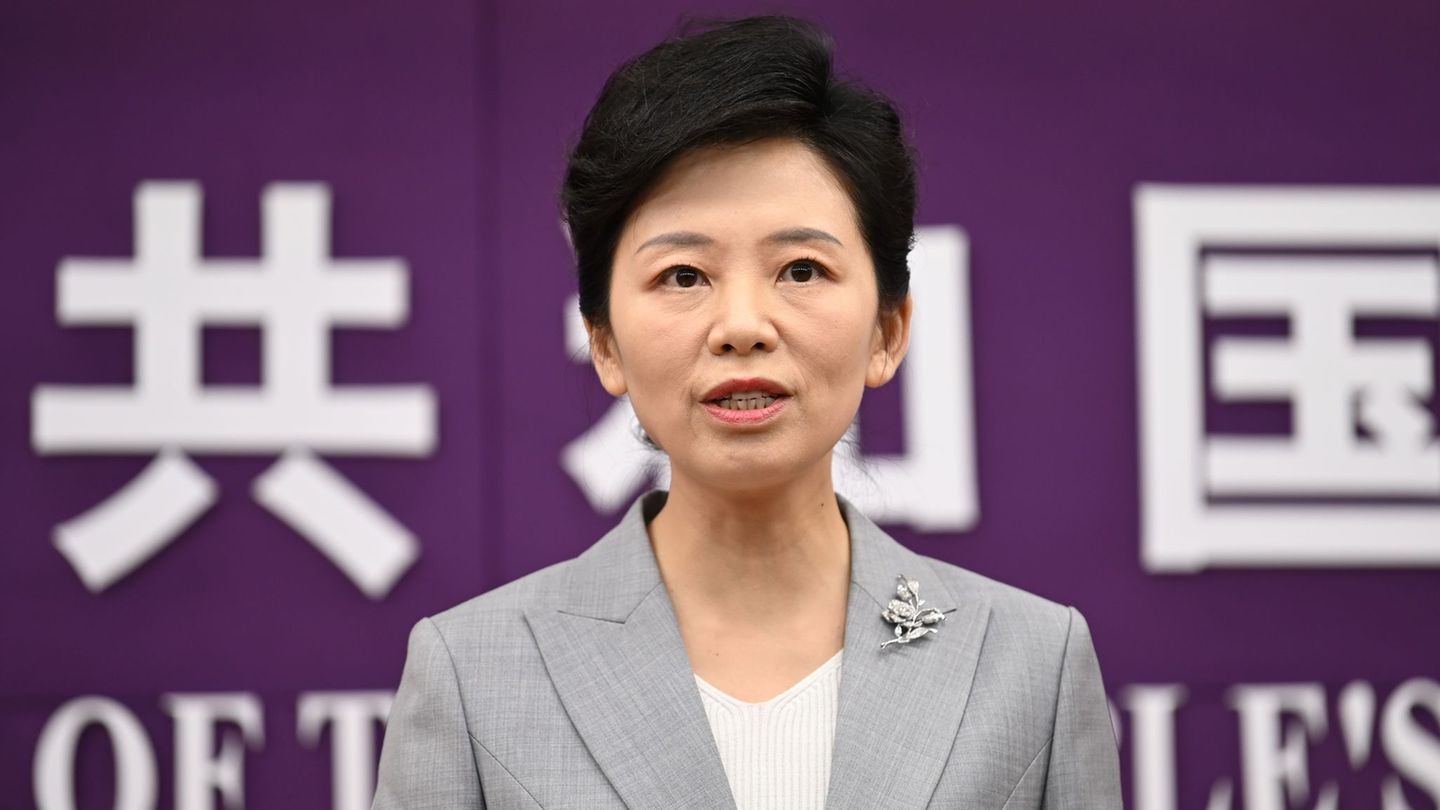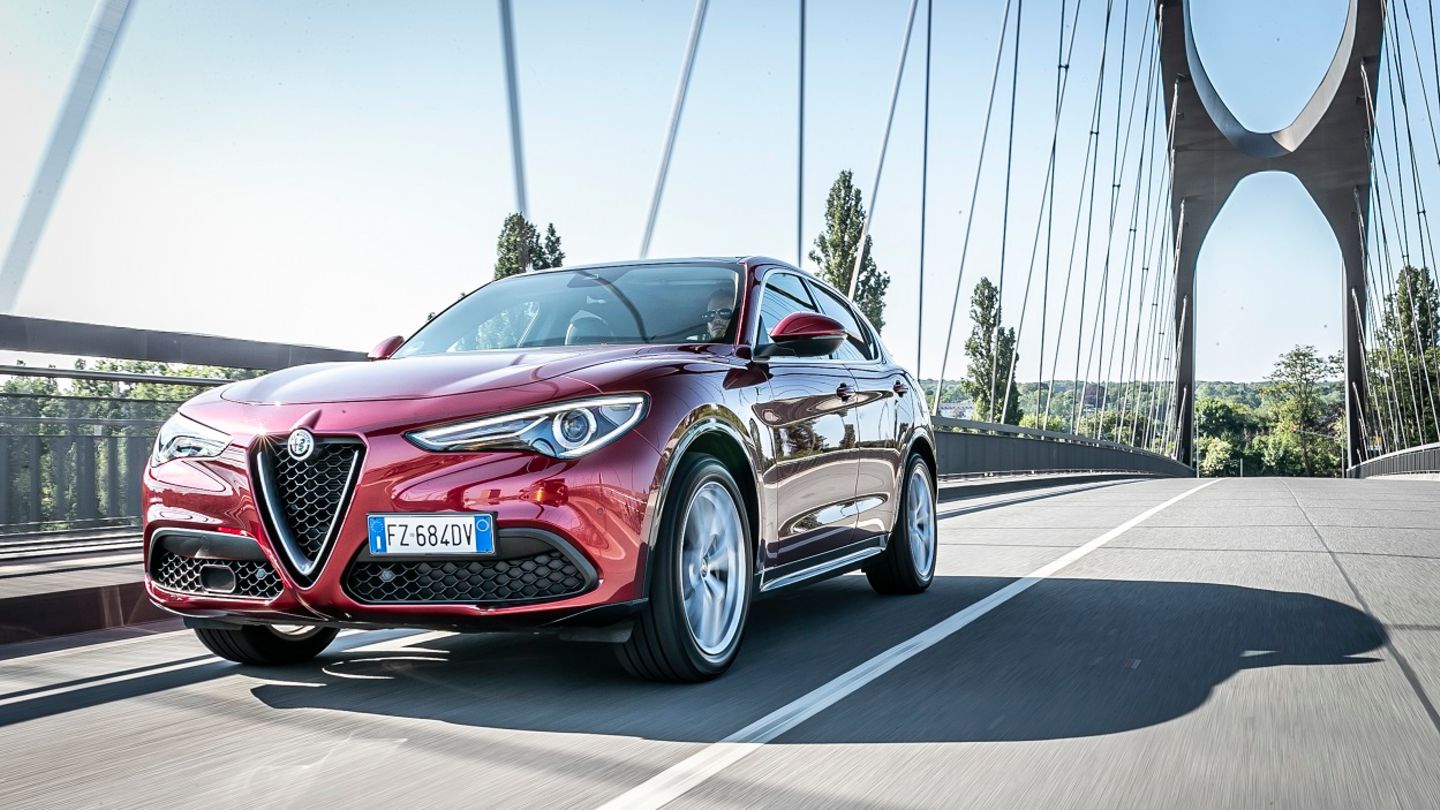He Mercosur advances in an agreement with the European Free Trade Association (EFTAfor its acronym in English), while the negotiations with the European Union They seem to be, once again, at a standstill. The chief negotiators of both blocs met virtually to relaunch the talks. What impact could it have for Uruguay?
He Mercosur and the EFTA agreed to relaunch negotiations for a Free trade agreement between the two blocks, with the roadmap proposed by Argentina on the table and the support, mainly, of Paraguay, in the midst of a context in which the opening of the regional organization is increasingly at the center of the priorities of some of the leaders that comprise it.
In that sense, and with the agreement with the EU practically shipwrecking – with the firm opposition of the French president Emmanuel Macron and despite the intentions of his Spanish counterpart Pedro Sanchez to keep the conversations going—the Mercosur approached another economic bloc characterized by a Gross Domestic Product (GDP) per capita particularly high—as it is in Switzerland, Norway, Finland and Liechtenstein— to obtain new export destinations.
Pessimism over negotiations with Europe was also adopted by the Argentine president Javier Milei and its Paraguayan pair Santiago Pena, who agreed that “the conditions are not in place” to advance the trade agreement. On the other hand, treaties with other countries became an urgency—something in which Uruguay He has been insisting for a long time.
Finally, today the chief negotiators of the Mercosur and the EFTA, and both parties agreed to hold a round of negotiations in Buenos Aires during April. It will be the first meeting of its kind since 2019.
The European bloc has a wide network of free trade agreements in force and is one of the ten main actors in the global trade of goods and services.
What importance could this agreement have for Uruguay?
The truth is Uruguay has a history of marketing with the countries that make up the EFTA, mainly with Swiss and with Norway; although they do not represent large proportions of income in dollars for the country.
However, the relaunch of the negotiations is in line with the foreign policy line maintained by the government and, above all, with the attitude and demands brought to the debate table of the Mercosur on several occasions both by the president Luis Lacalle Pou as by the former chancellor Francisco Bustillo and the current Minister of Foreign Affairs, Omar Paganini, about the need to open the bloc to more and better negotiations — or, consequently, allow bilateral negotiations.
In terms of figures, and based on data from Uruguay XXI, the country exported to Liechtenstein in only two years during this century: in 2008, with a total of $100,050; and in 2009, for $46,360. It follows Iceland, with an intermittent commercial relationship but where products were placed consecutively for the last five years: last year, the total amount was 105,583 dollars, while the record corresponds to 2008, with 201,366 dollars.
With Swiss and Norway Exports are continuous and recurring: in the first case, in 2023 products worth 23,807,148 dollars were exported – the best year was in 2012 with 139,811,632 dollars; and in the second, last year they received 11,958,931 dollars—the peak of exports being in 2008, with 59,376,216 dollars.
Source: Ambito




